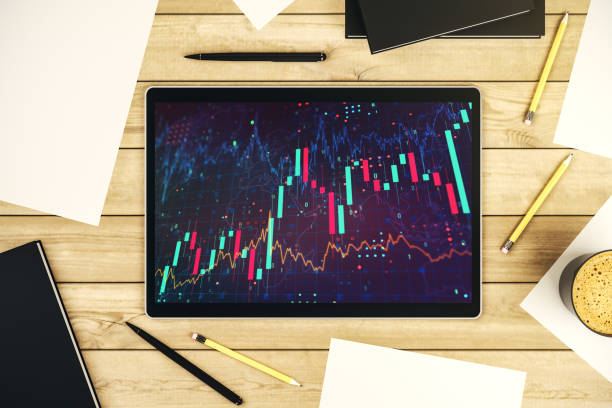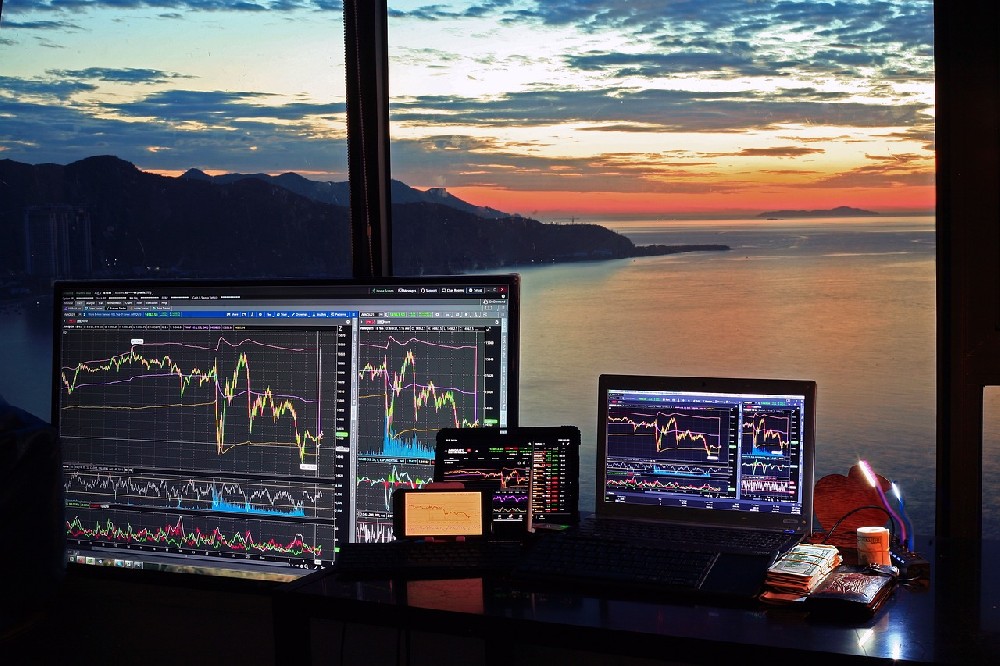Futures trading is a form of financial speculation that involves buying and selling contracts that represent the future delivery of an asset, such as a commodity, a currency, an index, or a stock. Futures traders aim to profit from the price movements of the underlying asset, without actually owning or delivering it.
To succeed in futures trading, traders need to use both technology and fundamentals, as they are both important and complementary aspects of the market. Technology and fundamentals can help traders to analyze, execute, and manage their trades, as well as to enhance their trading efficiency and profitability.
Technology refers to the tools and systems that traders use to access and interact with the market, such as trading platforms, order types, indicators, algorithms, and models. Technology can help traders to:
Access a wide range of assets and markets across different countries and regions, such as commodities, currencies, indices, and stocks.
Trade faster and more efficiently, as technology enables electronic and automated trading, which reduces the human errors and delays that may occur in manual trading.
Trade smarter and more effectively, as technology provides various tools and indicators that can help traders to identify and exploit the market trends, momentum, volatility, and volume of the underlying assets and the futures contracts.
Fundamentals refer to the factors and events that affect the supply and demand of the underlying asset, such as economic data, news, market sentiment, and geopolitical developments. Fundamentals can help traders to:
Understand the intrinsic value and the future direction of the underlying asset, as fundamentals reflect the real-world conditions and expectations that influence the price of the asset.
Anticipate the potential impact and opportunities of external factors on the price movements of the underlying asset, as fundamentals can trigger significant price changes or fluctuations in the market.
Hedge or diversify their risk exposure or portfolio, as fundamentals can help traders to reduce or eliminate the exposure to an adverse price movement of an asset by taking an opposite position in a related asset.
In conclusion, technology and fundamentals are both important in futures trading, as they can help traders to analyze, execute, and manage their trades, as well as to enhance their trading efficiency and profitability. Traders should use a combination of technology and fundamentals that suits their trading style, objectives, and risk tolerance. Traders should also follow the rules and practices of futures trading, such as regulation, membership, contracts, trading, and risk management.







